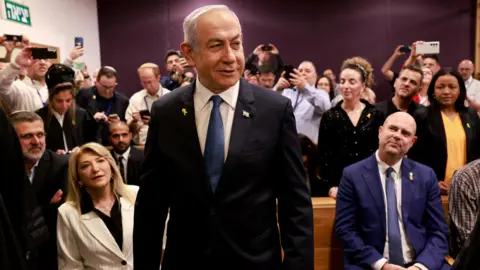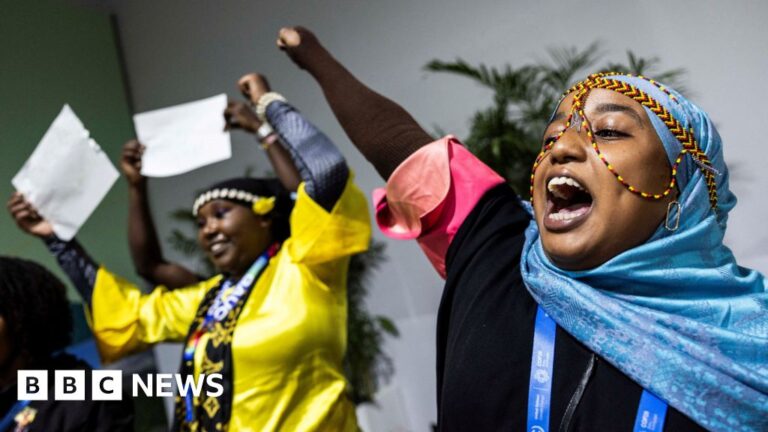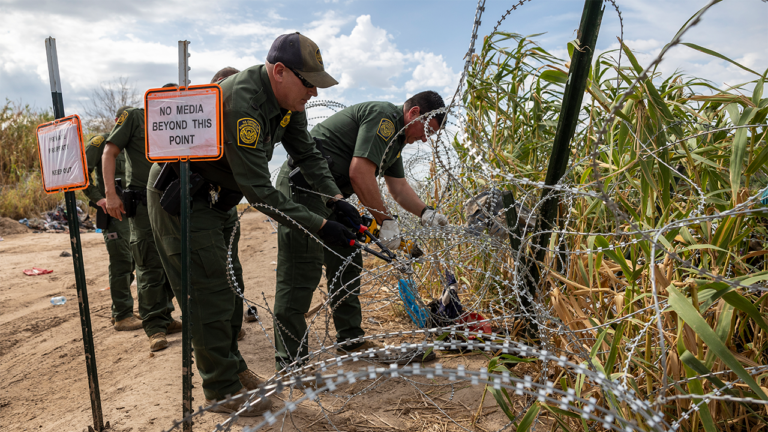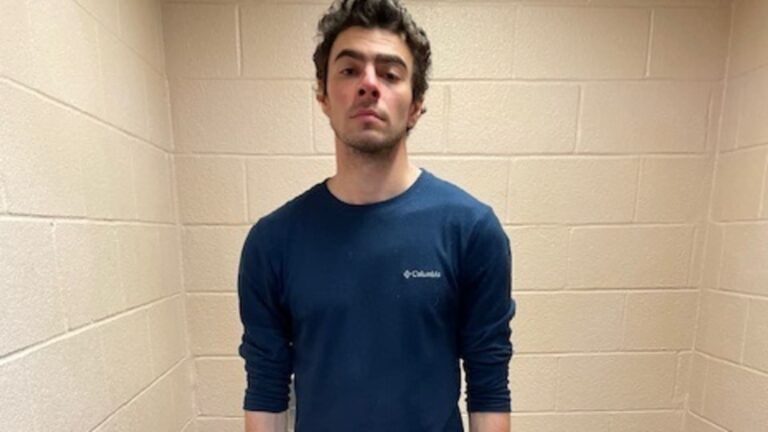Israeli PM rejects ‘absurd’ charges

 Reuters
ReutersThis was a remarkable day for Israel: Benjamin Netanyahu holds the record as its longest-serving prime minister. Now he has become the country’s first serving leader to take to the witness stand as a defendant in a criminal case.
Moreover, he did so amid ongoing war in Gaza and as Israel carries out attacks in Syria during a tumultuous week for the region.
Netanyahu’s lawyer, Amit Hadad, first opened the defence argument, portraying the corruption trial as biased and his client as the victim of a political witch-hunt.
Prosecutors, he said, “weren’t investigating a crime, they were pursuing a man”.
Netanyahu then sought to downplay the significance of the charges of bribery, fraud and breach of trust, and stress his political legacy. He strongly denies any wrongdoing.
“I have been waiting for eight years for this moment to tell the truth,” the veteran leader told the court in Tel Aviv.
“But I am also a prime minister… I am leading the country through a seven-front war, and I think the two can be done in parallel.”
Over the past four years, prosecutors have alleged that Netanyahu exchanged regulatory favours with media owners in Israel seeking positive press coverage.
They also accuse him of accepting pricey gifts – including cigars and pink champagne – in exchange for advancing the personal interests of a millionaire Hollywood producer.
Netanyahu told the three-judge panel that Israeli media had launched “absurd” attacks on him over the years. He said it was “doubly absurd” to suggest the presents he had received from wealthy friends were illicit.
In a long diatribe, the prime minister, who leads the right-wing Likud party, criticised his country’s media for what he suggested was its leftist stance.
He accused Israeli journalists of hostility towards him over the years because he did not join the push for a Palestinian state.
Standing rather than sitting through his testimony, Netanyahu said: “Had I wanted good coverage all I would have had to have done would be to signal toward a two-state solution… Had I moved two steps to the left I would have been hailed.”
The Israeli PM smiled widely when he first entered the Tel Aviv District Court around 10:00 local time (08:00 GMT) and stayed until proceedings concluded just before 16:00.
The trial was moved from Jerusalem after being delayed for security reasons and convened in a small underground courtroom that also serves as a bomb shelter.
A limited number of accredited journalists were able to enter to report – others had to follow via a live feed from a room on the floor above.
Testifying is expected to take up a large portion of Netanyahu’s time over the coming weeks. Last week, judges ruled that he must appear twice in court this week and then three times a week going forward.
He is expected to shuttle between the courthouse and the war room at the nearby Israeli defence ministry.

Prominent ministers turned up at the courthouse during the morning in a show of support for the veteran leader and to criticise the legal proceedings.
“The court had to humiliate the Prime Minister, has to disgrace the state of Israel and hurt the security of the state,” said the Likud transportation minister, Miri Regev.
“What would have happened if they would have postponed his testimony by a few months?”
Outside the court, a line of security guards kept apart small but noisy crowds of people supporting and protesting Netanyahu.
Eliza Ziv, from Hadera, north-west Israel, said that in times of turmoil, no other Israeli leader came close to the PM’s capabilities.
She added that the “the hatred of the anti-Netanyahu camp, it’s not just hate for him, but for his supporters”.
Meanwhile, standing on the other side of the courthouse entrance, Siviona from Tel Aviv told me she saw the veteran leader as “an enemy of the people” who prioritised his political survival above the best interests of the country.

Some relatives and supporters of Israeli hostages still held by Hamas in Gaza came to press for more to be done to free their loved ones.
Hadas Kalderon’s two children were released as part of a temporary truce last year, while her ex-husband, Ofer, remains in captivity.
She told the BBC that the prime minister “cares more about his own sins, his private sins, more than caring for his citizens”.
“He doesn’t care about the hostages. It’s very sad”.
Prior to the war in Gaza, Netanyahu’s trial opened up deep divisions in Israel and dominated discourse through five successive Israeli elections.
Critics of the prime minister saw his current government’s efforts to curb the powers of the judiciary as linked to his legal troubles, although he denied that.
While the deadly attack by Hamas on 7 October 2023 brought public unity, that has largely fallen apart as the war that it triggered has dragged on.
In recent weeks, Israel has reached a fragile ceasefire in Lebanon with the armed group, Hezbollah.
But at the same time, there have been renewed domestic tensions between key cabinet ministers and the judiciary, with threats to bring back some contentious legal reforms.
This trial is not expected to conclude for more than a year.
Even if the prime minister was found guilty, he could then appeal to the Supreme Court, meaning that these legal proceedings look set to continue to overshadow Israeli politics for the foreseeable future.






